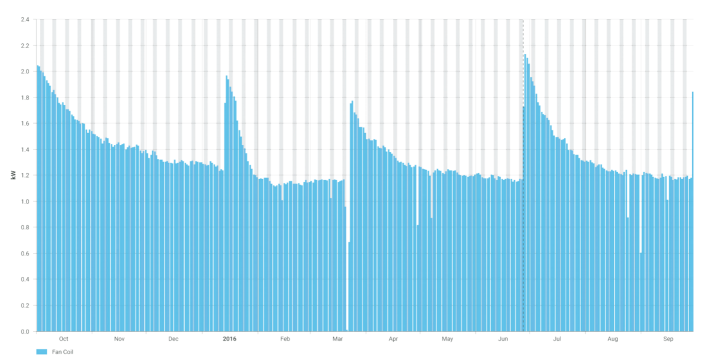What is Preventative Maintenance?
Definition
Preventative maintenance is a strategy for maintaining equipment that is regularly performed to reduce the likelihood of failure.
There are two types of preventative maintenance. The first is based on a calendar schedule, for example, an HVAC unit is serviced every year, before summer. The other is based on usage, for example, when a specific threshold of runtime hours is reached.
Why it Matters
The efficacy of preventative maintenance can have profound effects on the tenant health and comfort as well as operating expenses. Studies suggest companies can save an average of 12 to 18 percent in costs by investing in preventive maintenance compared to relying on reactive maintenance. CRE companies can maximize asset value by slowing down equipment depreciation, deterioration, and malfunction.
Pros and Cons
Pros
- Better planning, which leads to benefits in cost control, prioritization, and benchmarking
- Equipment can be shut down to coincide with occupancy downtime
- Prior to the shutdown, any required parts, supplies and personnel can be gathered to minimize the time taken for a repair
- It reduces the likelihood of unexpected equipment breakdowns thus prolong asset lifespan
- Energy consumption saving
- Increased safety and reduced risk of injury
Cons
- Preventative maintenance is more complex to coordinate than reactive maintenance because the maintenance schedule must be planned
- Preventative maintenance strategy is more expensive to adopt
- The frequency of preventative maintenance is most likely too high. This frequency can be lowered, without sacrificing reliability when condition monitoring and analysis is used
- It does not take into account the asset wear which means you might be doing excessive maintenance on some asset.
Below is a graphical representation of preventative maintenance being performed on a fan coil unit. As maintenance is performed, the unit increases demand, indicating full capacity. As the unit runs, it gradually decreases it's demand and increases the likelihood of failure.



